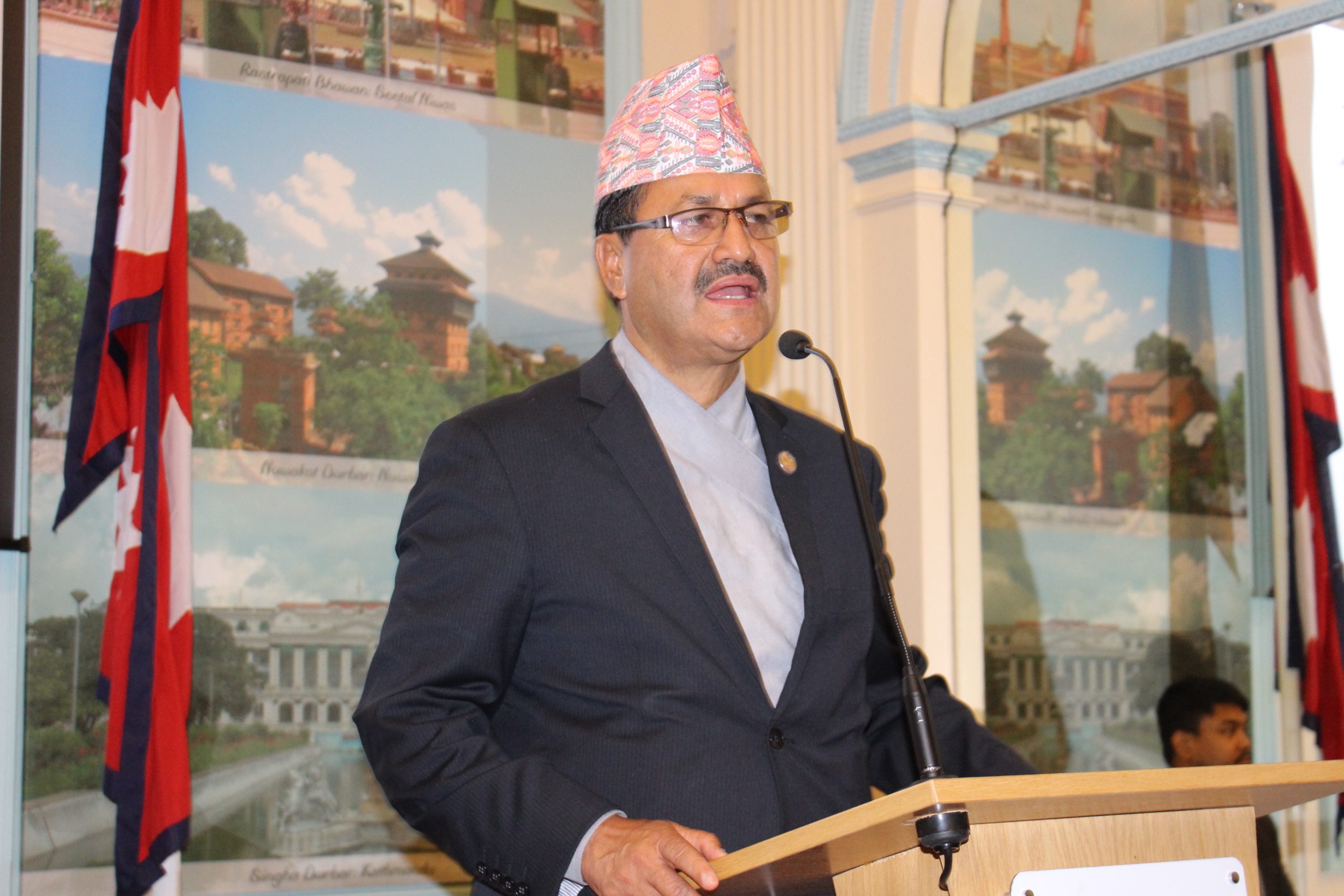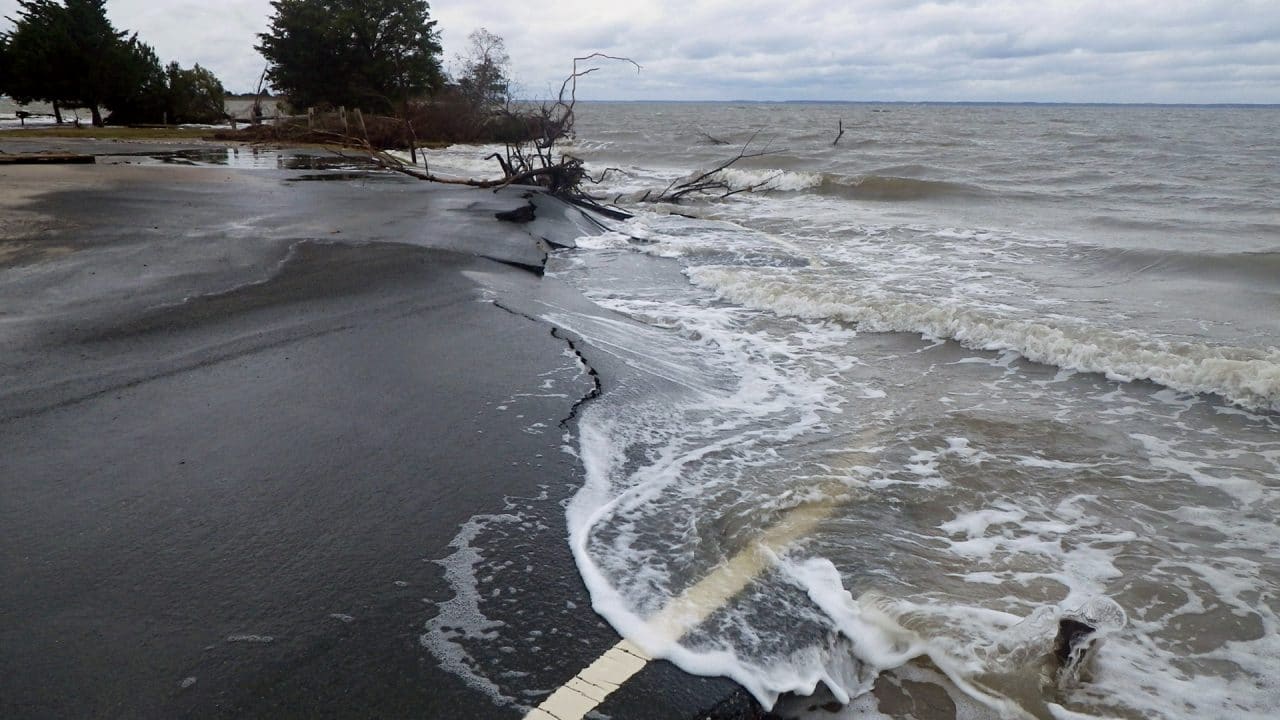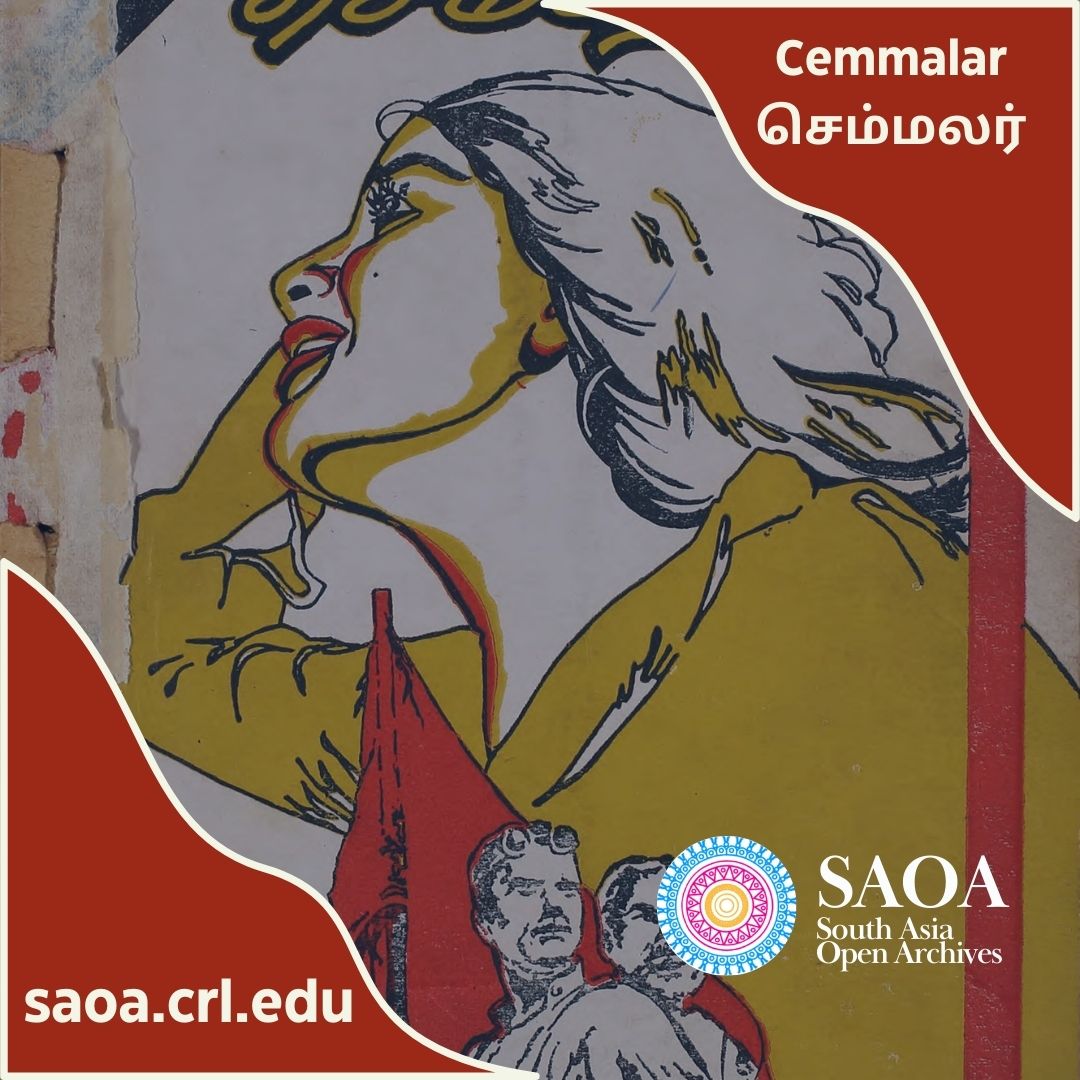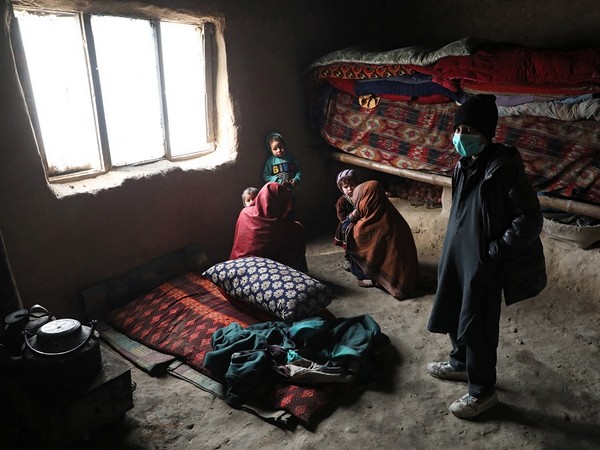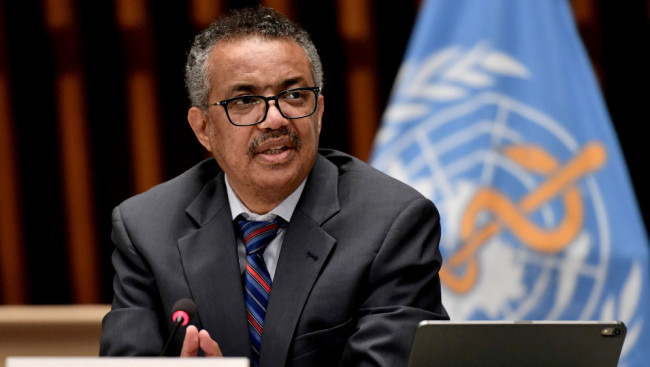Imphal (PTI): The death toll in the Manipur carnage increased to 54, officials said even as unofficial sources put the figure at several scores. Life returned to wary normalcy in Imphal Valley on Saturday as shops and markets reopened and cars started plying on the roads.
Security presence which has been bolstered by flying in more army troops and rapid action force and central police forces was clearly visible in all major areas and roads.
Most shops and markets in Imphal town and other places opened in the morning with people buying vegetables and other essential commodities even as security forces were deployed in large numbers.
Of the 54 dead, 16 bodies were kept in the morgue of the Churachandpur district hospital while 15 bodies were in Jawaharlal Nehru Institute of Medical Sciences in Imphal East district, officials said.
The Regional Institute of Medical Sciences at Lamphel in Imphal West district reported 23 dead, the official said.
Meanwhile, five hill-based militants were killed and two India Reserve Battalion jawans were injured in two separate encounters in Churachandpur district on Friday night, police said.
An encounter took place at Saiton in Churachandpur district between the security forces and the militants in which four militants were gunned down, the police said.
Militants opened fire at security forces at Torbung forcing them to return the fire. In the exchange of fire, one militant was killed and two IRB jawans were injured, the police said.
A Defence spokesperson said a total of 13,000 people were rescued and shifted to safe shelters, some in army camps as the army brought Churachandpur, Moreh, Kakching and Kangpokpi districts under its “firm control”.
“In the past 12 hours, Imphal East and West districts witnessed sporadic incidents of arson and attempts by inimical elements to establish blockades. However, the situation was controlled by a firm and synergised response,” the Defence official said on Friday night.
Details of the incidents, however, were not available.
Multiple sources said the fighting between communities had left several scores of people dead and nearly a hundred injured. However, the police were unwilling to confirm this.
The bodies were brought from districts such as Imphal East and West, Churachandpur and Bishenpur.
Many people with bullet injuries are also being treated at RIMS and Jawaharlal Nehru Institute of Medical Sciences.
“Prompt response by Security Forces led to rescuing of civilians of all communities from various minority pockets of areas affected by violence. As a result, Churachandpur, Kangpokpi, Moreh and Kakching are now under firm control with no major violence reported since yesterday night,” the PRO said.
Nearly 10,000 soldiers from the Army and the Assam Rifles have been deployed in the state which was rocked by clashes since Wednesday between the Meitei community, which mainly live in Imphal Valley and Naga and Kuki tribals who are inhabitants of the hill districts.
“Total of approximately 13,000 civilians have been rescued and are currently staying in various ad-hoc boarding facilities specifically created for the purpose within Company Operating Bases & Military Garrisons,” the defence official said.
Union Home Minister Amit Shah reviewed the situation in Manipur with Chief Minister N Biren Singh and top officials on Friday, even as the Centre dispatched additional security forces and anti-riot vehicles to maintain peace there.
Around 1,000 more central paramilitary personnel with anti-riot vehicles reached Manipur on Friday, sources said.
Trains to Manipur have been cancelled with immediate effect on Friday due to the prevailing in the state, a Northeast Frontier Railway (NFR) spokesperson said.
Violence first erupted in the Torbung area in Churachandpur district during the ‘Tribal Solidarity March’ organised by the All Tribal Student Union Manipur (ATSUM) on Wednesday to protest the demand of Meiteis for Scheduled Tribe (ST) status.
The march was organised by tribals — including Nagas and Kukis — after the Manipur High Court asked the state government last month to send a recommendation to the Centre within four weeks on the demand for ST status by the Metei community.
During the march in Torbung, an armed mob allegedly attacked people of the Meitei community, leading to retaliatory attacks in the valley districts, which escalated the violence throughout the state, police said.
Meiteis account for about 53 per cent of the population and live mostly in the Imphal Valley. Tribals, who include Nagas and Kukis, account for another 40 per cent of the population and live mostly in the hill districts which surround the Valley.





